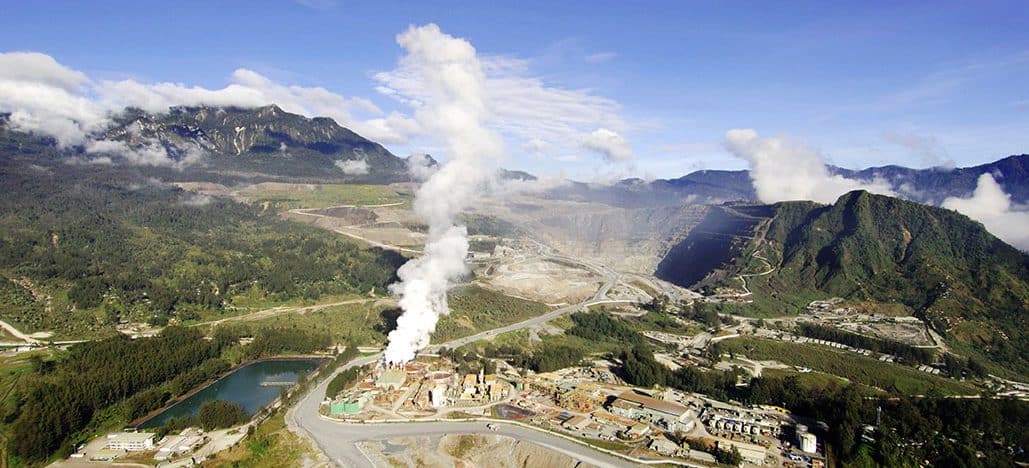The proposed National Gold Corporation Bill 2022 will effectively create a Gold Monopoly which will be disastrous for PNG’s mining sector and the economy of Papua New Guinea.
That’s the stern implications highlighted by mining peak body, the PNG Chamber of Resources and Energy (CORE), when referring the National Government’s planned Bill.
The Bill aims to implement a shareholder agreement signed between the National Government and a small Singaporean company, Refinery Holdings Pte Limited.
“The Bill does this by requiring that all gold mined or recovered in PNG can only be refined by National Mint, a private company that is ultimately through a private company called the National Gold Corporation, majority owned and controlled the small Singaporean company.
“The Bill does not require the National Mint company to refine gold in PNG, giving it the right to refine or process gold in any foreign country, however the Bill bans any other person from operating a gold refinery in PNG.
PNG CORE maintained the Bill effectively seeks to invalidate the marketing arrangements and contract put in place by major mines for the sale of their gold internationally for the best price putting at risk the financial sustainability of those mines.
In its response, Leader of Government Business and Minister for Finance Rainbo Paita, stated in the Post Courier newspaper last week that the Government has no intentions to give away ownership through the proposed bill, while also indicating the bill does not impact owners of exiting mining agreements between the State and resource developers.
An assurance the PNG CORE clearly is not confident the bill has by indicating it will negatively impact investment confidence of investors and financiers whose support is required for the new PNG mining projects that the State is currently promoting.
“Additionally, alluvial miners will be deprived from the ability to seek the highest price for their gold, since they will not be permitted to sell gold to existing gold exporters, as the National Mint will solely control the export of refined gold from PNG.
“This means that alluvial miners will no longer have the right to sell gold to the buyer of their choice for the best price but to this private company at the rate the buyer chooses, no matter how low the price is.
“PNG CORE is concerned that such extraordinary powers are being given so unnecessarily to a majority owned and controlled foreign company.
It indicated that a world class gold refinery can be built in Port Moresby or Lae for less than K60m, a figure that should be affordable for any of the State entities such as Kumul Minerals or Kumul Consolidated, and much of the expertise in refining gold already exists in PNG as Unitech has produced mineral processing engineers for over 30 years.
“Such a refinery does not require all the rights and powers which the Bill is trying to vest in the privately owned National Gold Corporation and its subsidiary entities the National Mint and the National Gold Bank.
“The Bill, in order to establish this regulated gold monopoly, provides significant powers to the private company, over-riding over two dozen other laws, and marginalising or weakening the powers of a number of existing state agencies such as the Bank of PNG, the Mineral Resources Authority and the Police.
“PNG CORE is alarmed that the Bill is proposing that these subsidiary companies of the National Gold Corporation, ultimately majority owned and controlled by the small Singaporean company, to be created to hold PNG’s gold reserves, issue legal tender and have sole right to provide legal currency to Bank of PNG,” PNG CORE stated. Adding that it is the sovereign right of an independent State, through its central bank or central treasury, to hold gold reserves or to issue currency and CORE believes that this right should be retained by the Bank of PNG, including its power to regulate foreign exchange and gold exports, and not provided to a private entity.
